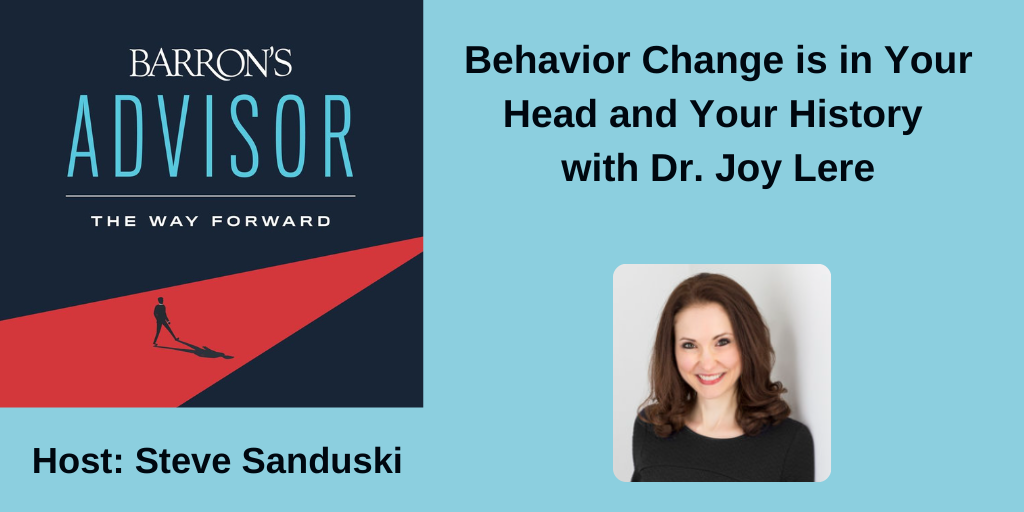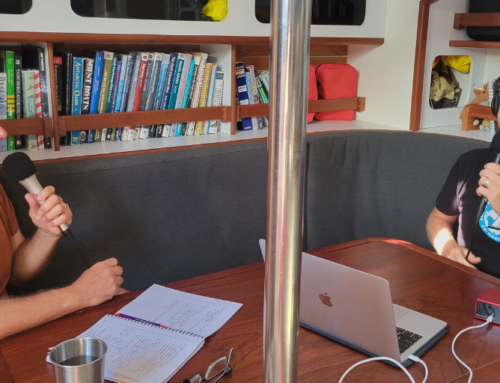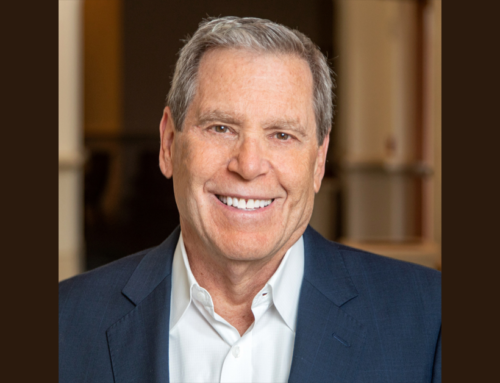In a Nutshell: Advisors have an extraordinary opportunity to understand their clients at a deeper level. To take advantage, all you need is curiosity, empathy, and a willingness to explore how past experiences with money are affecting financial choices today. Master these conversations and you’ll be able to facilitate positive behavior change, which is a skill — and a service — that will never become obsolete.
Guest: Dr. Joy Lere, a licensed clinical psychologist and behavioral finance consultant
My Key Takeaways:
- “We are definitely hardwired to maintain the status quo.” Change is hard because we prefer what’s known and comfortable, even if it isn’t good for us.
- “Change doesn’t happen in one fell swoop.” Meaningful, sustained behavior change is a multi-stage process that advisors have to be prepared to help their clients navigate.
- “If you want to understand a person’s present behavior, you need to know about the past.” Having meaningful conversations about money can project memories back to the client in ways that will incentivize behavior change and underscore the true breadth of your value.
Also Learn:
- The six-stage change model and why you need to understand what stage your client is in.
- How to conduct a “motivational interview.”
- Finding the right balance between external and internal forces for behavior change.
- Why your relationship to your client matters as much, if not more than, your financial planning process.
- How to handle emotional conversations without making your client feel like you’re brushing their feelings aside.
- Differentiating between our experiences, societal norms, and other people’s opinions to identify obstacles to behavior change.
- Practical strategies for incentivizing and simplifying behavior change, including building better habits and positive reinforcement.
Complementary podcast: Sean Young, Phd and I discussed how to get your clients to change their behavior—and stick with it. Listen/read here.
Resources Featured In This Episode
Finding Joy Subscribe to Dr. Joy Lere’s Substack newsletter.





